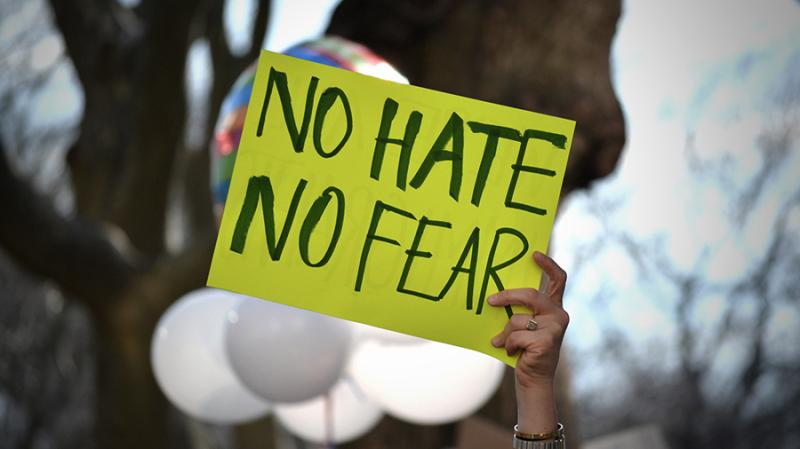This slide comes from a short presentation by the social psychologist Jonathan Haidt recently, who is going around and speaking about the problem of Gen Z kids becoming young adults. Especially, of concern, a lot of data shows that children born in 1995 or so, and heavily invested with computer technology in hand, have tended to become more and more "fragile" (aka mean, more and more scared of everything). The technology and the culture, according to Haidt (speaking about the W. modern world) is become enmeshed in unhealthy behaviors and mind-sets and values controlled by 'safety and security' needs beyond all else in terms of priorities. It is horribly impacting a negative socialization experience and it is comprising a healthy robust sociality in general. Our modern societies are really feeling the fall out of this post-1995 (especially) era.
I would call this the "culture of fear" and "pedagogy of fear" (of the toxic kind) that has intruded. The chart above is what Haidt's research summarizes as the outcome of this kind of socialization and pedagogy, and it is identified as cognitive pathologies (by any other name). Btw. Haidt and contemporary social psychologists he agrees with are not the only ones to point to these patterns of rather dysfunctional cognitive traits. Abraham Maslow (1966) listed some 21 cognitive pathologies (or what he called then "deficit-based" motivational cognitive behaviors and strategies).... I can say more about Maslow's work if you want. But for now, you may want to listen to Haidt in this short summary talk that Dr. Arie Kizel sent me today:
Note: I don't agree with a lot of Haidt's conclusions (or his orienting perspective) but I also think he speaks of a lot of good points too.
Reference: Maslow, A. (1966). The psychology of science: A reconnaisasance. NY: Harper & Row.

